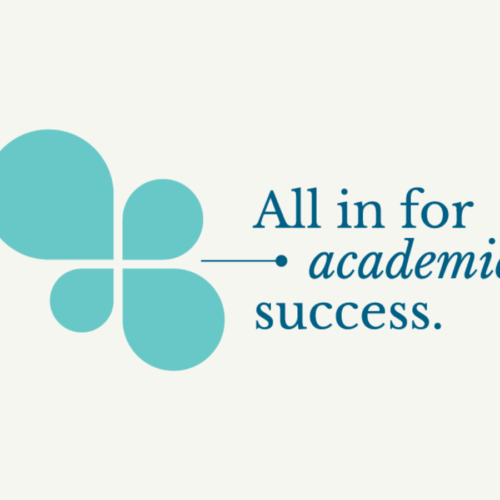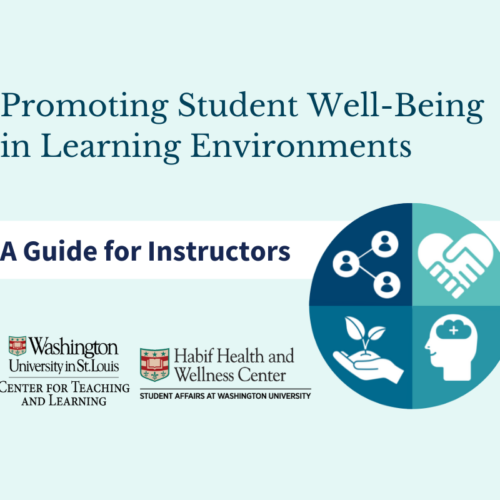Julie Stanton Talk on Metacognition
The Innovations in Undergraduate Education Speaker Series continued with a recent talk on November 14, “Metacognition: How Undergraduates Self-Regulate to Learn Biology”—by Julie Stanton, PhD, (Assistant Professor of Cellular Biology, University of Georgia).
Stanton began by defining metacognition as “awareness and control of thinking for the purpose of learning,” noting research suggesting that active-learning pedagogies may not be successful without a metacognitive component.
She further defined metacognition through the following concepts:
- “metacognitive knowledge,” which includes the ability to discern what you have mastered and what you need to study further, as well as approaches for learning how, when, and why to apply particular strategies
- “metacognitive regulation,” which is how we regulate our thinking as well as how we modify strategies as needed
- “metacognitive self-regulation cycle,” which includes assessing the task, considering one’s strengths and weaknesses as a learner, planning strategies, applying strategies, monitoring performance, and evaluating.
Stanton then discussed two research studies: one that measured the impact of metacognitive innovations on learning in a large (350-450 student), introductory undergraduate biology course, and one that asked upper-level biology students to reflect on study strategies and difficulties in learning.
Insights relevant for instructors from these studies include the following
1) Instructors should help students realize the value of difficulty when learning.
2) Students can benefit from challenging first exams.
3) Instructors should be explicit with students about the value of formative assessment.
4) Students need help anticipating obstacles and planning to overcome them.
In addition to her lecture, Stanton also facilitated a workshop for STEM faculty: “Including Metacognition in Our Courses: Helping Students Learn through Self-Regulation.” The workshop built from the lecture, focusing on the importance of conducting student self-evaluations after the first and second exams in order to encourage and reinforce a metacognition practice in which students ask themselves which study strategies seemed to work well and what modifications they will make based on this understanding.
Stanton’s self-evaluation asks students when they began studying, how much time they spent studying, whether their study time was clumped or distributed across several days, and whether they used any of the study strategies suggested in the course. STEM faculty participants worked in small groups to discuss Stanton’s student self-evaluation questionnaire and to consider how this new knowledge of students’ strengths and weaknesses in their study habits could help faculty improve student learning.
Stanton’s questionnaire can be found in the “Supplementary Materials” section of her 2015 article, listed below. A tip on implementing the questionnaire: Stanton found that her students were more likely to do the self-evaluation on paper than online. She also found that assigning a few points to the exercise communicates its value and adds an incentive for students to complete it.
Stanton’s talk and workshop were sponsored by the Department of Biology, The Teaching Center, CIRCLE, and a new initiative at Washington University: the Transformational Initiative for Education in STEM (TIES). TIES aims to support STEM faculty as they transform courses by integrating evidence-based teaching methods.
References
Stanton, J. D., Neider, X. N., Gallegos, I. J., & Clark, N. C. (2015). Differences in metacognitive regulation in introductory biology students: when prompts are not enough. CBE-Life Sciences Education, 14(2), ar15. doi: 10.1187/cbe.14-08-0135


